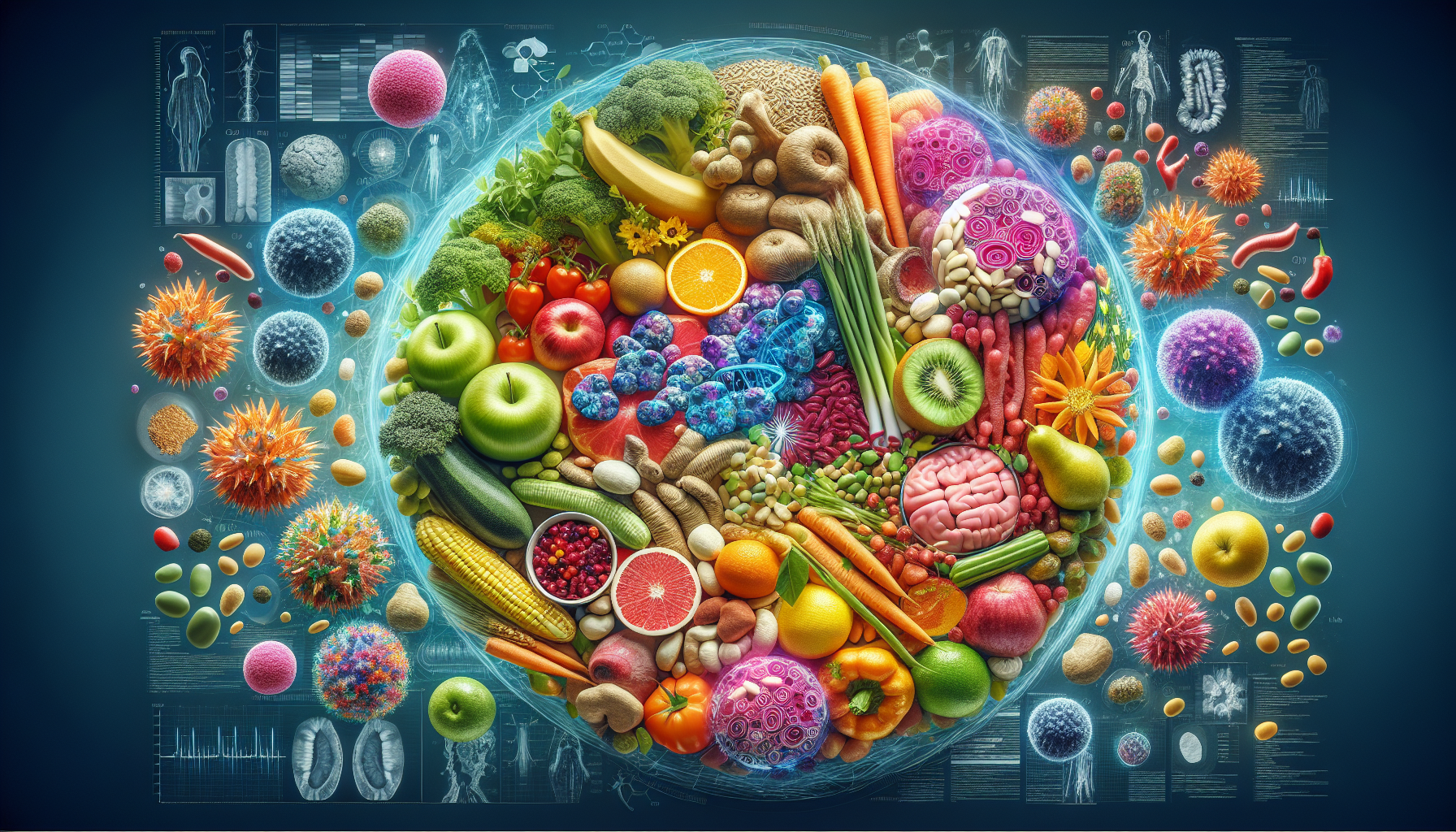How a Plant-Based Diet Could Help Fight Prostate Cancer Progression
Key Takeaways
- Men with localized prostate cancer who follow a plant-based diet can potentially reduce their risk of disease progression by 47%.
- Plant-based diets, rich in fruits, vegetables, whole grains, and legumes, are associated with numerous health benefits, including lower risks of chronic diseases like diabetes and cardiovascular conditions.
- High levels of antioxidants and anti-inflammatory compounds in plant-based foods help protect cells and reduce inflammation, which are crucial factors in preventing cancer progression and other chronic diseases.
Did You Know?
Introduction to the Benefits of Plant-Based Diets
Recent research suggests that men with prostate cancer can significantly reduce the chances of their disease worsening by adopting a plant-based diet. This finding has generated considerable interest among clinicians, patients, and healthcare professionals. Understanding the connections between diet and disease progression is becoming increasingly important, particularly in the context of chronic conditions like prostate cancer.
The study, conducted by UC San Francisco, involved over 2,000 men with localized prostate cancer. It found that those who consumed a primarily plant-based diet had a 47% lower risk of disease progression compared to those who consumed the most animal products.
The Study Explained: Methodology and Findings
The research focused on the dietary habits of men with a median age of 65 over an extended period. The dietary intake of participants was measured using a plant-based index. The researchers compared the highest 20% of the index scorers to the lowest 20%, finding a significant correlation between higher plant-based food consumption and reduced cancer progression.
Specifically, the researchers emphasized the addition of just one or two servings per day of healthy foods like vegetables, fruits, and whole grains, while reducing the intake of animal products such as dairy and meat.
Primary Components of a Plant-Based Diet
Plant-based diets comprise fruits, vegetables, nuts, legumes, whole grains, vegetable oils, tea, and coffee. These foods are rich in essential nutrients and compounds that can contribute to better health and disease prevention.
This diet excludes or minimizes animal-based foods, including meat, dairy, and eggs, focusing instead on plant-derived nutritional sources. The goal is to encourage more healthful choices throughout the entire diet.
Health Benefits Beyond Prostate Cancer
In addition to potentially slowing prostate cancer progression, plant-based diets are linked to numerous other health benefits. These include reduced risks of diabetes, cardiovascular diseases, and overall mortality.
These health benefits are largely attributed to the high levels of antioxidants and anti-inflammatory compounds found in plant-based foods. These components help protect cells and tissues from damage and inflammation, which are key factors in many chronic diseases.
Why Antioxidants and Anti-inflammatory Compounds Matter
Antioxidants are molecules that fight free radicals in the body, which can cause oxidative stress and damage to cells. High levels of antioxidants in diets rich in fruits and vegetables can help reduce this risk.
Anti-inflammatory compounds help reduce inflammation, which is a common factor in many chronic diseases, including cancer. By reducing inflammation, these compounds can prevent the progression and exacerbation of chronic conditions.
Guidance for Patients and Caregivers
Vivian N. Liu, the lead clinical research coordinator at the UCSF Osher Center for Integrative Health, highlighted the importance of this study's findings for patients, their families, and caregivers. She emphasized that making more healthful choices across the entire diet is crucial rather than simply adding or removing specific foods.
Education on diet adjustments and understanding the importance of nutritional choices can enhance the quality of life and potentially improve outcomes for prostate cancer patients.
The Growing Popularity of Plant-Based Diets
Plant-based diets are steadily becoming more popular across the United States. Greater awareness and evidence of their health benefits are contributing to this trend.
More people are turning to plant-based diets not just for their health benefits but also for environmental and ethical reasons. This holistic approach to eating considers personal health alongside broader impacts.
Conclusion: A Step Towards Healthier Living
The findings from the UC San Francisco study provide a compelling case for integrating more plant-based foods into the diet, especially for men with prostate cancer. The potential to significantly reduce disease progression with relatively simple dietary changes offers hope and a practical pathway to better health.
As more research supports the benefits of plant-based diets, individuals and healthcare providers are encouraged to consider these dietary adjustments as part of comprehensive health and wellness strategies.






